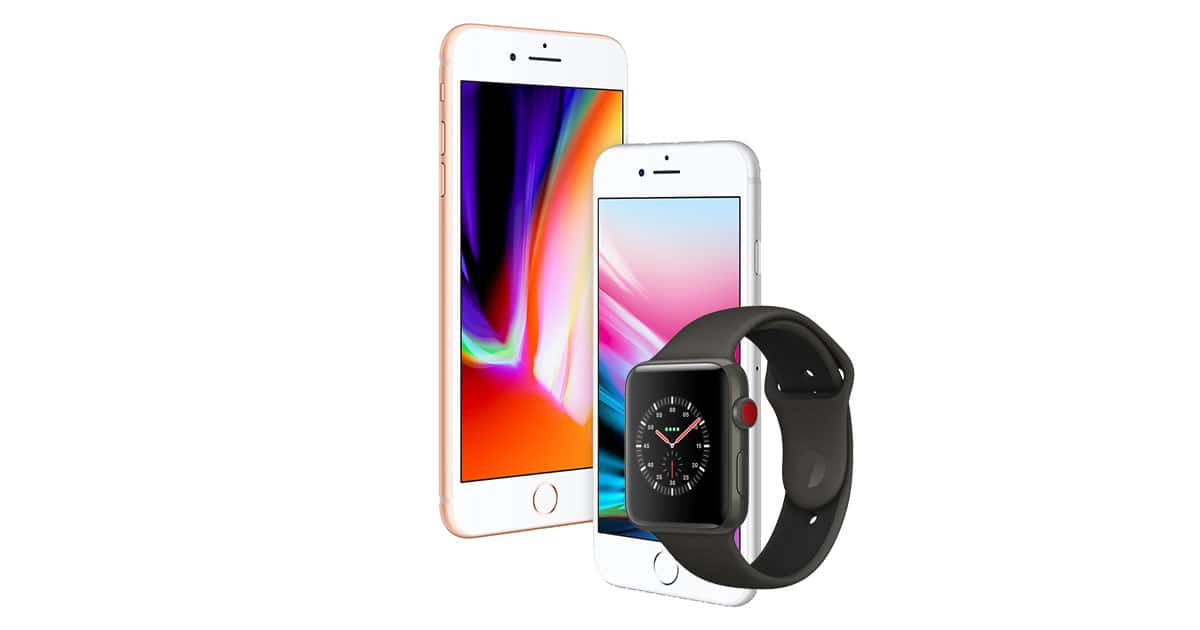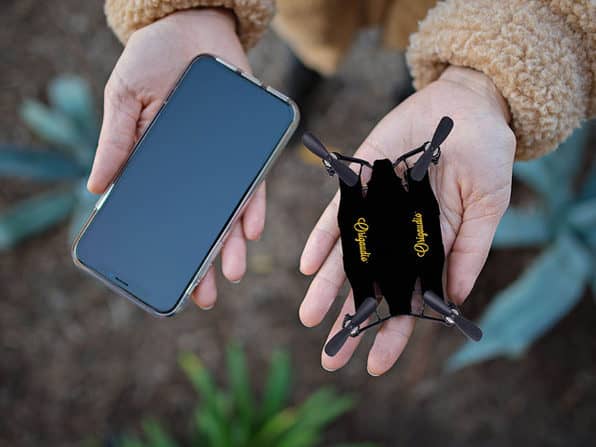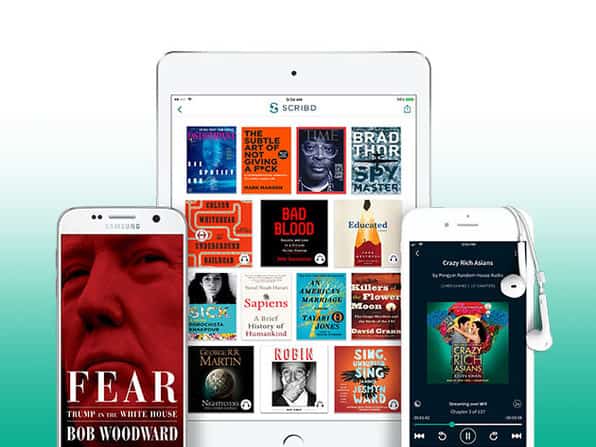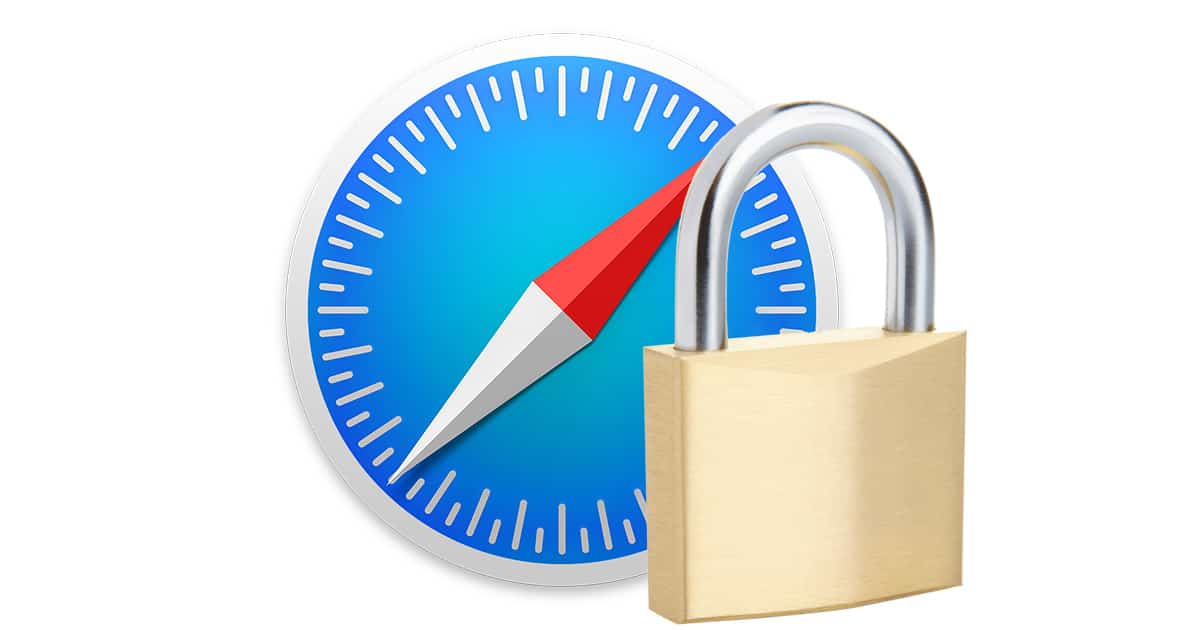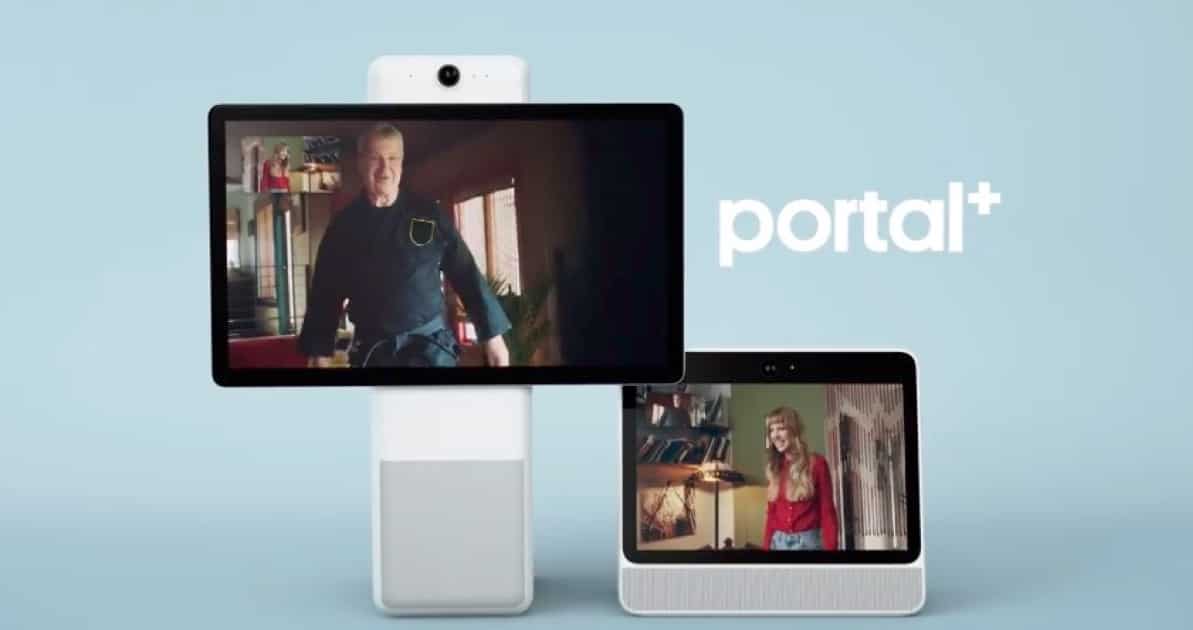If you break your iPhone XR screen get ready to shell out US$199 to get it replaced. If you do any other damage to your new iPhone it’ll cost $399 to get fixed. That’s assuming you don’t have AppleCare+. Screen repairs with Apple’s extended warranty plan cost $29, and other repairs are $99. The moral of the story: Put a case on your iPhone XR, and if you think there’s any chance you may drop and break it, shell out the $199 for AppleCare+.
iOS 12.1 to Address iPhone Front Camera Skin Smoothing Effect
Complaints about the front-facing camera on the iPhone XS, iPhone XS Max, and iPhone XR smoothing away skin details in selfies apparently has a fix coming. Apple told the Verge it’ll be part of iOS 12.1, an update that’s currently in beta testing. From the Verge’s iPhone XR review:
Apple told me that the forthcoming iOS 12.1 update, currently in public beta, will address the issue of the front camera appearing to smooth out skin by picking a sharper base frame for Smart HDR, but I wasn’t able to test it yet.
That sounds like a reasonable fix for what some see as a problem with photos on the new iPhone models. Also, the Verge review says the iPhone XR is a really nice phone. Pre-order deliveries and in-store sales start this Friday, October 26th.
Intel's 9th Generation Chips Confront Moore's Law
Moore’s Law appears to be coming to a grinding halt, and Intel is confronting that reality with new ideas to speed up it’s 9th generation CPUs. The Verge writes: “But for the most part, the new chips have the same things last year’s chips had: more cores. And the reason is pretty simple: Intel still hasn’t managed to move on from its 14nm manufacturing node to the next step, its repeatedly delayed 10nm process.”
Saudi Arabia Had a Mole Inside Twitter
The New York Times reports that Saudi Arabia “groomed a Saudi employee at Twitter” to help spy on certain user accounts, presumably including that of Jamal Khashoggi.
Many Saudis had hoped that Twitter would democratize discourse by giving everyday citizens a voice, but Saudi Arabia has instead become an illustration of how authoritarian governments can manipulate social media to silence or drown out critical voices while spreading their own version of reality.
Once Arab Spring happened back in 2010-2011, I think that was the moment that governments—authoritarian and otherwise—realized the power of social media as a force for the public. And of course some governments don’t like that.
The White House Encourages Public Service for Silicon Valley
Today the White House will talk with technology companies with a plea to make it easier for tech workers to do public service in government.
For the Trump administration, the hope is that private companies might encourage employees to take leaves of absence to help modernize state and federal agencies — bringing a Silicon Valley sensibility to challenges like improving veterans’ health care and combating cybersecurity threats.
This sounds like a shockingly good idea for the current administration, and maybe it will help to deflate the Silicon Valley bubble a bit.
Jobs at Apple: A Brand New Design
The Jobs at Apple web page has a new design, and there’s a video that gives you a look at what’s like to work for Apple. There are links to teams, Apple Retail, an About page, and students.
This is where some of the world’s smartest, most passionate people create the world’s most innovative products and experiences. Join us and you’ll do the best work of your life — and make a difference in other people’s lives.
Sir Jony Ive Interviewed by Financial Times
Apple Chief Design Officer Sir Jony Ive was interviewed by The Financial Times of London. The first part of the story can be skipped, since it’s about waiting, meetings past, and snacks, but the second half includes some interesting comments on Apple Watch. Here’s a snippet:
“I think we have been lulled into this sense that people will accept new products and services very quickly, and I don’t believe that’s true at all,” [Sir Jony] says. “Very often, so much of what a product ends up being able to do isn’t what you initially thought. If you’re creating something new, it is inevitable there will be consequences that were not foreseen — some that will be great, and then there are those that aren’t as positive. There is a responsibility to try and predict as many of the consequences as possible and I think you have a moral responsibility to try to understand, try to mitigate those that you didn’t predict.”
Populele - the Smart Ukulele: $179 [Update]
We have a fun deal of the day for you, Populele. It’s a smart ukelele, by which I mean it interacts with an app. It also has LED-lit frets that work with the app to help teach you how to play. You also get real-time feedback and correction via sound-responsive technology. It works with iOS and Android, and it’s $179 through our deal. [Update: our deal includes the Accessory Kit that features a capo, canvas case, 2 picks, a string set, and a MicroUSB charging cable.]
Experiment: Go Without an iPhone For a Week. Apple Watch Only
Could you do it? Give up your iPhone and depend on just an Apple Watch? “Loup Ventures went phoneless last week. That is, some of the Loup team turned off our iPhones for a full week and only used Apple Watches for connectivity. It was freeing. And frustrating.” There’s a lot of substance in this report, including a discussion of the “Eisenhower matrix” a “four-quadrant graph … meant to help people analyze where they’re spending time.” Fascinating stuff.
Scanmarker Air, a Wireless OCR Pen Scanner for $89
Check out today’s deal of the day on Scanmarker Air. It’s a wireless OCR pen scanner, meaning a scanner you hold in your hands, and it does optical character recognition. This device can scan one line per second, and it can also translate text in 40 different languages. The Scanmarker Air is $89 through our deal.
Humans are Slowly Killing the World's Biggest Organism Pando
Pando is the world’s biggest organism. It’s a forest made up of genetically identical aspen trees numbering 47,000. Scientists think it’s anywhere between 80,000 and 1 million years old. And humans are slowly killing it.
“People are at the center of that failure,” Paul Rogers, an ecologist Utah State University who co-authored the paper, told Earther. Nearby ranchers have allowed their cattle to roam and snacked voraciously on young stems, and as human populations have grown in the area, deer hunting has decreased for safety reasons. But thriving deer populations wreck havoc on young aspen stems. For the past 40 years, it appears the root system has not been able to reproduce fast enough to keep up with the decimation.
CAN 2018 GET ANY WORSE? GET YOUR SH*T TOGETHER HUMANITY!
Discord Prevents Users From Suing the Company
Chat app Discord recently updated its terms of service to prevent users from suing the company.
In a section of the terms of service titled “Dispute Resolution,” Discord asserts that “most disputes can be resolved without resorting to arbitration.” Any Discord user wishing to raise issue with the company must now provide “notice of the dispute,” which includes “a brief, written description of the dispute, the relief requested and the contact information of the party giving it.”
The policy goes into effect on Oct. 23. Those wishing to opt out will have 30 days to send a notice to Discord.
Why do I have a dark feeling that Discord will announce a data breach within the next six months? If that happens, users can’t sue Discord for mishandling their data.
Did Apple Seize This Man's Mac Batteries?
Louis Rossman, a computer repair technician in New York City, recently made a YouTube video accusing Apple of using U.S. Customs to seize his shipment of Mac batteries.
“Make no mistake. I am not an Apple customer I do not take to being ripped off nicely. I don’t care if I have to spend $50,000 in legal fees, to get back my $1000 worth of batteries. This is principle. Apple, you are not going to get away with this. And don’t think I don’t notice the timing on this stuff,” explains an angry Rossmann.
I think the situation is a little odd. I watched the video, which you can find here. It sounds like Mr. Rossman got the batteries from China. He doesn’t outright say they aren’t counterfeits, he just implies it. But if they are counterfeits, then U.S. Customs is just upholding the law. If the batteries are genuine, he should explicitly state that.
Avoid Google Data Collection By Not Using Two Services
Leonid Bershidsky writes how you can avoid Google data collection by not using the company’s two biggest tools: Search and Chrome.
Ditching Chrome and Search, however, is an easy way to reduce the amount of information Google gets, essentially without users’ informed consent despite its pro forma compliance with European regulations.
Google says it uses the data collection of Chrome and Search to subsidize other products. Well, if the company is willing to charge phone manufacturers for those products, why not end users? Putting a price on the Google apps, against a promise of no data collection, would quickly show which of them are viable.
I really think Google should offer a paid tier for all of its services. And have the paid tier be free of advertising and data collection. Otherwise it’s eventually going to get regulated into the dirt like Microsoft in the 90s.
Flyington Selfie Drone: $69.99
We have a deal on the Flyington Selfie Drone. It shoots 720p HD photo and video, with real-time camera transmissions to iPhone or Android device. But it’s also built to flip, roll, and slice through the air, and also features one-key auto landing. It’s $69.99 through our deal.
Powering Apple Reminders With Shortcuts
I came across this article via The Loop. It’s an article written by Matthew Cassinelli, a member of the Shortcuts (née Workflow) team, about how he powers Reminders with Shortcuts.
When it comes down to it, what Reminders provides for Shortcuts (and you) is really a nice, big bucket for text that you can add to with Siri.
Any time you’re lost in thought, you can just Ask Siri to save that one-liner, and then do something useful with it using Shortcuts instead of letting it drift away in the wind.
He also shares seven Shortcuts he uses with Reminders.
How China Rips Off the iPhone and Fragments Android Even More
Sam Byford writes how China rips off the iPhone and continues to fragment the Android market with new operating systems and knockoffs.
For the unfamiliar, Chinese phone software can be garish, heavy-handed, and quite unlike anything installed on phones that are popular outside of Asia. If there’s anything that’s going to turn you off the brand-new Huawei Mate 20 Pro, for example — unsubstantiated Cold War-esque paranoia aside — it’s likely to be the software.
Back when I used to write for an Android website (I know, shocking!) I had received a Chinese phone to review. It had adware and possibly other malignant stuff built right in, so I won’t gush over Chinese hardware like The Verge does.
Oh, and the aforementioned Cold War-esque paranoia? I assume Mr. Byford refers to the government ban on Huawei and ZTE. But I guess it’s a personal choice if you want to heed the warning or not.
Analyst Ming-Chi Kuo Says A-series Macs Really Are Coming
The clues are all there. Apple has a mind to move its Macs to the A-series CPU. We discussed this at length on our TDO podcast recently. And now, Ming-Chi Kuo of TF Securities has confirmed it. Mike Wuerthele at AppleInsider reports: “Kuo also predicts that Mac models will adopt Apple’s A-series processor in some form starting 2020 or 2021.” So does that mean the 2019 Mac Pro will remain with Intel CPUs? And then make an abrupt jump in 2020? The mind boggles.
The World's Largest Apple Collection is For Sale
An Austrian computer repairman has amassed what is possibly the world’s largest Apple collection, and it’s currently for sale.
Over the years since he began working for a company that repaired Apples in Vienna in the 1980s, Roland Borsky’s collection has grown to roughly 1,100 computers, he says – far more than the 472 items at Prague’s Apple Museum, which says it is the world’s biggest private collection of Apple products.
Now that his income has dried up, Borsky says he cannot afford the rent on his warehouse. He hopes that a benefactor will put his collection on display and pay off his debt of 20,000-30,000 euros ($23,000-35,000).
If someone doesn’t buy the collection it will have to be destroyed.
1 Year Scribd Subscription for Books, Audiobooks, Magazine Articles: $85
We have a deal today on a one year subscription for Scribd, which gives you access to bestselling and award-winning books and audiobooks, plus articles from leading magazines, newspapers, even sheet music. It requires iOS 9 and later, Android 4.4 and later, or Kindle Fire OS 4 or later.
U.S. Customers Get a New Apple Data Tool
Apple customers in the United States, Canada, Australia, and New Zealand get a new Apple data tool. This tool is the same that European users got because of GDPR.
Apple devices such as the iPhone or Apple Watch collect detailed data about users, such as whom they email, call or text message and even biometric data such as heart rates and fingerprints. But Apple’s practice has been to keep much of that data on the devices themselves and encrypt it with the user’s pass code, meaning that Apple does not possess the data and cannot unscramble it if asked to do so by law enforcement officials.
It’s good to see Apple do this, and I’m going to use it and see what changes have been made. You can log into the page here.
Popular Web Browsers Dropping TLS 1.0 and 1.1 Support in 2020
The big names in the web browser community, Apple, Google, Microsoft and Mozilla, are all dropping support for Transport Layer Security (TLS) 1.0 and 1.1 in March 2020. The protocol allowed for secure and encrypted connections to web servers for online forms and data transmission, but proved to have several security flaws. It has been superseded by TLS 1.2. Ars Technica noted the pending depreciation saying,
The impact of removing the old protocols shouldn’t be too substantial. All four companies cite usage figures for the old versions; Firefox sees the most TLS 1.0 and 1.1 usage (1.4 percent of all secure connections) while the other three vendors claim a figure below 1.0 percent. The current recommendation is that sites switch to TLS 1.2 (which happens to be the minimum required for HTTP 2.0) and offer only a limited, modern set of encryption algorithms and authentication schemes. TLS 1.3 was recently finalized, but it currently has little widespread adoption.
Odds are most people won’t notice the lack of TLS 1.0 and 1.1 support since the vast majority of sites have already moved on to version 1.2.
Facebook Says its Portal Chat Camera Can Spy On You for Targeted Ads
From Gizmodo: “Facebook announced Portal, a new voice-activated speaker and video chat gadget, and the company said that it would not use data collected through the device to target ads.” But it could. It probably will at some point. What could go wrong? It’s like Mark Zuckerberg has become the anti-Cook.
Privacy Setting Do Not Track Doesn't Do Anything
Privacy setting Do No Track found in virtually all browsers doesn’t actually do much. That’s because its use isn’t enforced.
Why do we have this meaningless option in browsers? The main reason why Do Not Track, or DNT, as insiders call it, became a useless tool is that the government refused to step in and give it any kind of legal authority. If a telemarketer violates the Do Not Call list, they can be fined up to $16,000 per violation. There is no penalty for ignoring Do Not Track.
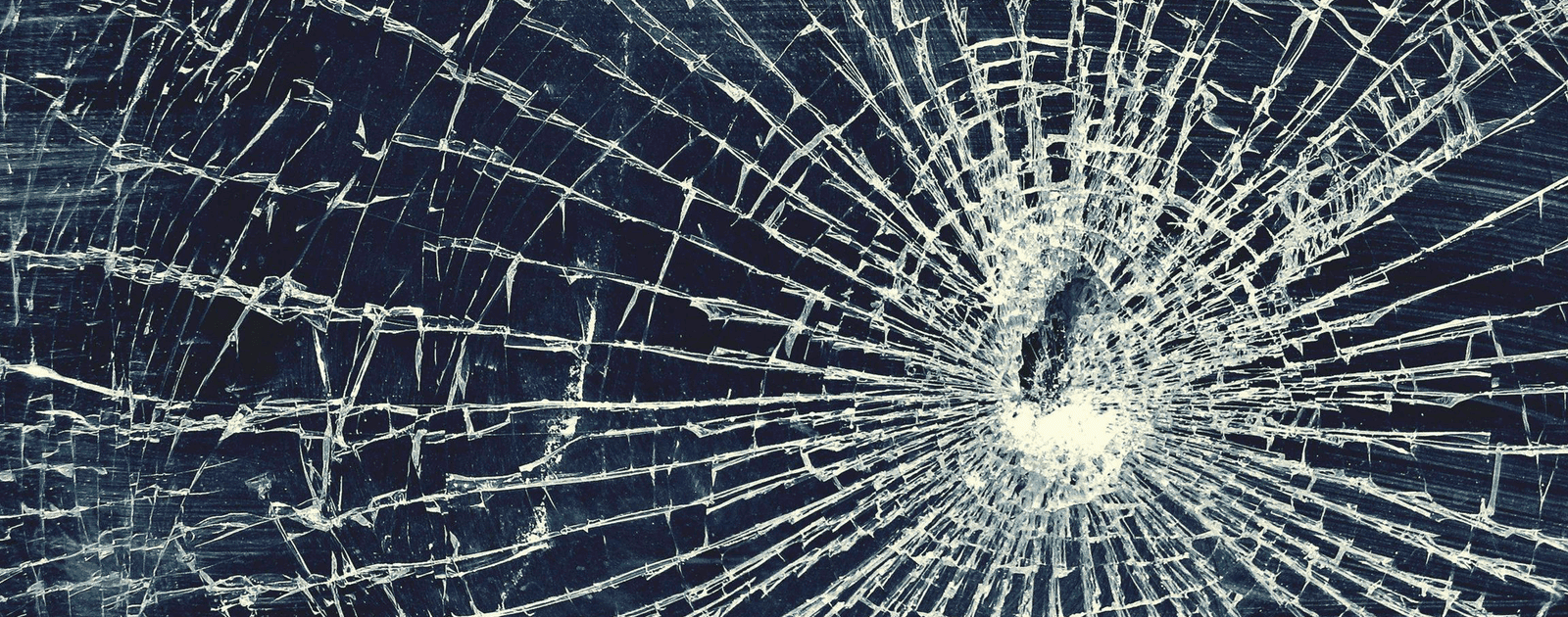
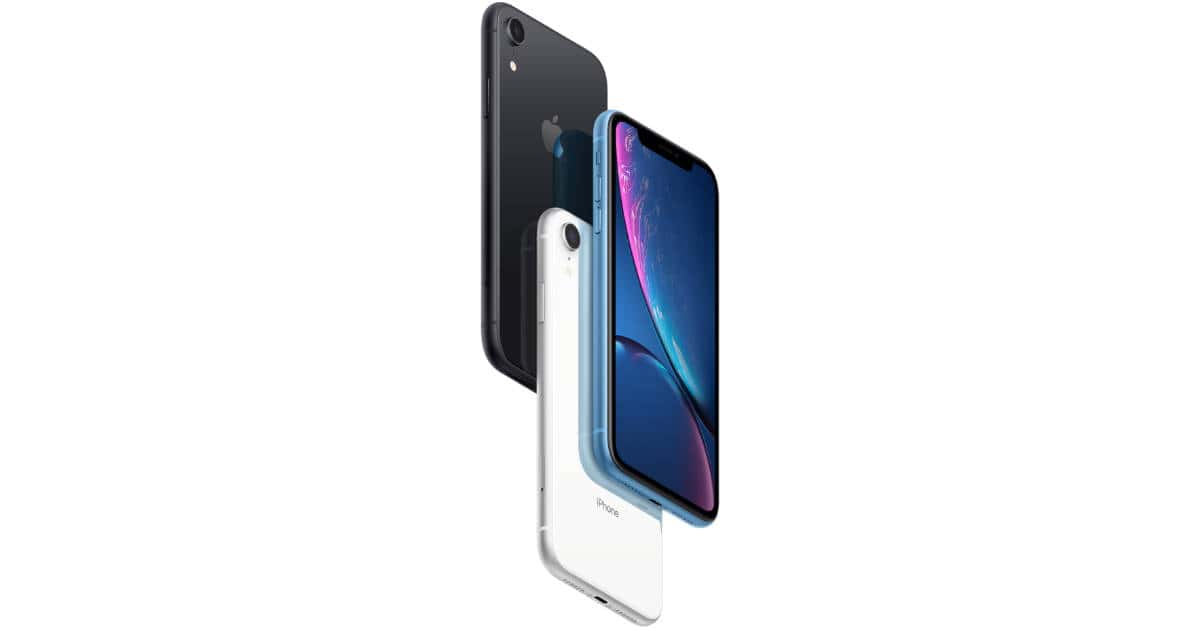
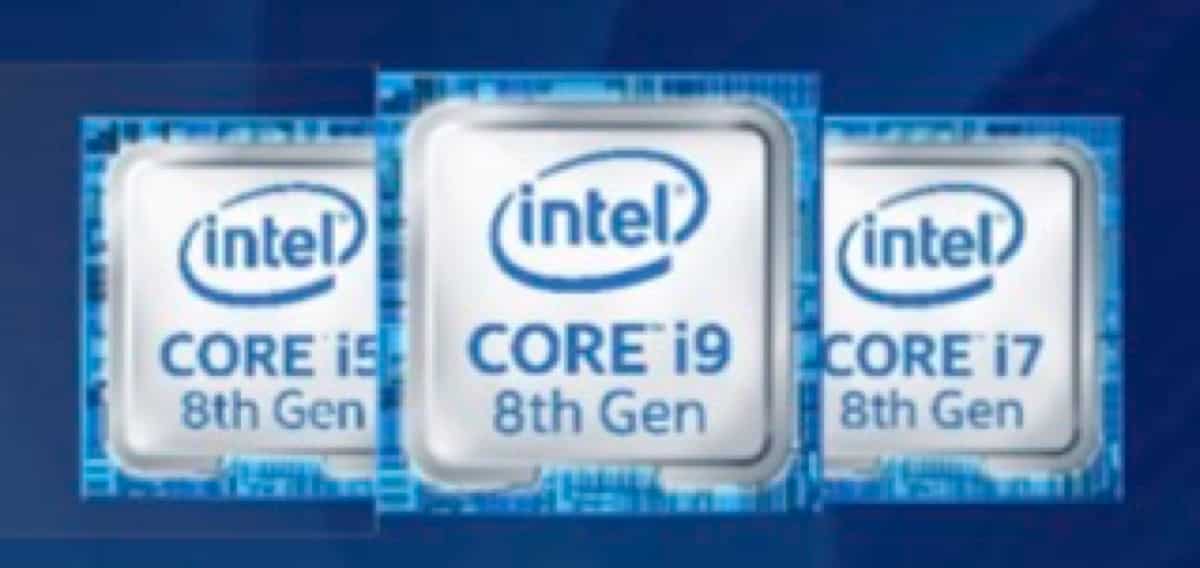
![Populele – the Smart Ukulele: $179 [Update]](https://www.macobserver.com/wp-content/uploads/2018/10/populele-smart-ukelele-deal.jpg)
